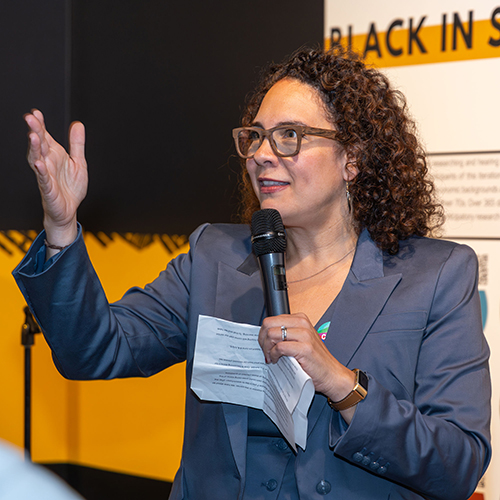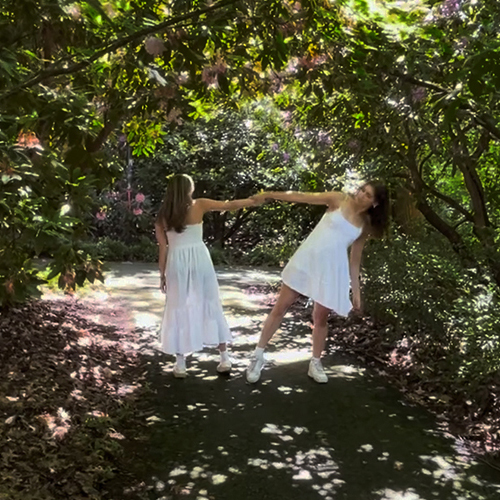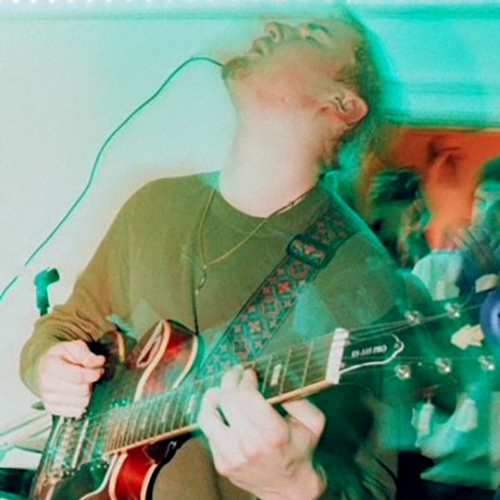The number of tribal museums in the U.S. has more than tripled in the past three decades, with at least 13 currently operating in Washington state alone. With this increase has come a growing need for staff trained in museum management. Now specialized training is available, thanks to the vision of James Nason, professor emeritus of anthropology and curator emeritus at the Burke Museum. Nason designed a new Tribal Museum Program, offered through the Northwest Indian College with financial help from the Tulalip Tribes Native American Career and Educational Program.
Nason was involved with the creation of Washington’s first tribal museum in 1979—the Makah Cultural and Research Center at Neah Bay—and has provided guidance to many tribal museums that followed. Although he headed the UW’s Museology Program for many years, he recognized that tribal museums have unique needs that would benefit from a more specialized program.

At the same time, Susan Given-Seymour, director of outreach and community education for the Northwest Indian College, fielded frequent requests from tribal museum staff for such a program. “Someone connected me with Dr. Nason and I felt that I had struck pay dirt after our first meeting,” recalls Given-Seymour. “Jim has been working in the tribal museum world for many years. After a couple of conversations and some consultation with tribal museum directors and staff members, he developed three courses for the program.”
The courses cover standard museological best practices but also address issues specific to tribal museums. The course schedule is tailored to tribal needs, with a break during the winter when many participants are busy with tribal ceremonies.
“In some ways, tribal museums are like any other museum,” says Nason, “but there are some really specialized issues.” Nason offers the example of sacred objects. “Are they going to be on display? Never on display? What about objects that came out of graves? Some of these are gorgeous things. Are they going to be reburied or displayed?”
Collection storage introduces more complications, because most ceremonial objects are considered living things with spiritual power. “An object may need to be in the air or surrounded by cedar boughs or have some other specific requirement,” says Nason. “The storage system needs to address those issues.”

There’s also the question of cataloging museum holdings. Some tribal museums catalog in English, while others prefer to use their native language, which can affect the category in which an object is filed and necessitate the involvement of a native speaker.
The three-course program addresses these and other issues. Megon Noble, assistant collections manager at the Burke Museum and the Burke’s contact person for the Native American Graves and Repatriation Act, taught the first course, focusing on collection management. Marilyn Jones, director of the Suquamish Museum, covered tribal administration, and Joshua Heim, exhibits developer at the Wing Luke Museum, will teach the final course on exhibits and education.
“I love the willingness of the Burke, Wing Luke, and the Suquamish Museum to collaborate,” says Given-Seymour. “Northwest Indian College is small and doesn’t have the faculty to teach this course. There’s been a lot of generosity, a lot of people wanting to see this happen.”
For Nason, having the Burke Museum partner with Northwest Indian College to help tribal museums just makes sense. “As the Washington state museum, the Burke is inherently committed to ensuring that every museum in our community is up to snuff, because our state is best served by every museum being better,” he says. “We have an obligation to help other museums be as effective as they can be.”
More Stories

Interrupting Privilege Starts with Listening
Personal stories are integral to Interrupting Privilege, a UW program that leans into difficult intergenerational discussions about race and privilege.

Dancing Across Campus
For the dance course "Activating Space," students danced in public spaces across the University of Washington's Seattle campus this spring.

Celebrating Contemporary Indigenous Music
Markus Teuton, a musician and citizen of Cherokee Nation, explores contemporary Indigenous music through his academic work and as host of “Indigenous Jazz,” a radio show.